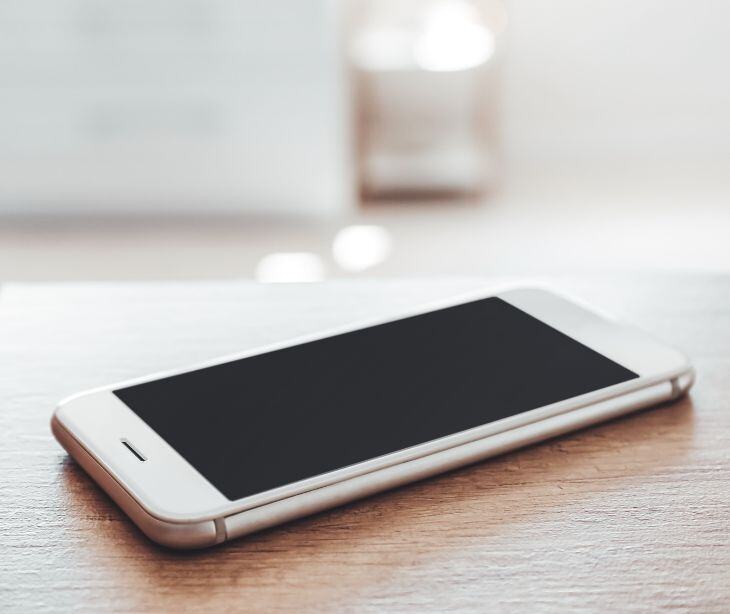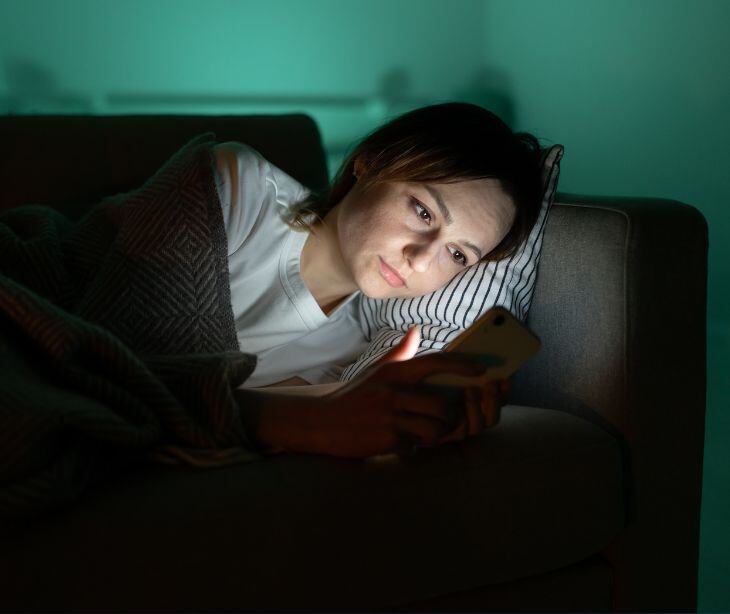2 min read
How HIPAA compliant email can help manage sleep disorders
Caitlin Anthoney March 27, 2024

Providers can use emails to help patients manage sleep disorders, resulting in better sleep quality and improved health outcomes.
Are emails effective in supporting patients with sleeping disorders?
The United Health Foundation reports that 35.5% of adults in the US get fewer than seven hours of sleep in a 24-hour period.
The American Psychological Association (APA) states that “not getting enough sleep or poor quality sleep has many potential consequences. The most obvious concerns are fatigue and decreased energy, irritability and problems focusing. The ability to make decisions and your mood can also be affected. Sleep problems often coexist with symptoms of depression or anxiety.”
Emails can provide a convenient platform for managing sleep disorders. The APA further proves that email support results in “significant improvement in sleep quality, reduction in insomnia symptoms, decreases in daytime fatigue and reported sleepiness while driving, and a reduction in sleep medication usage.”
Additionally, emails can be easily accessed and completed at the patients' convenience, making it a flexible option for those with busy schedules. Providers can monitor patient progress over time and adjust their strategies accordingly. The emails can also provide ongoing support and guidance to help individuals maintain healthy sleep habits.
Benefits of email support in sleep disorder management
Accessibility
Email support offers a streamlined channel for patients to connect with their healthcare providers. This could significantly benefit those with demanding schedules or mobility limitations.
For example, a working professional diagnosed with sleep apnea could find it challenging to attend regular in-person appointments. However, with email support, they could conveniently communicate their concerns, track progress, and receive guidance from their provider.
Continuous monitoring
Sleep disorders often require ongoing monitoring and adjustments to treatment plans. Patients can report progress, symptoms, and concerns to their healthcare provider between appointments. Real-time communication lets providers stay updated with patient conditions and intervene if necessary.
More specifically, if a patient has a sudden worsening of symptoms, they can email their provider rather than scheduling an office visit. The provider can then review the email to make informed adjustments to their treatment plan.
Using patient-centered communication
Health Affairs states that patient-centered communication has “a positive impact on patient satisfaction, treatment adherence, and self-management.”
With the advent of email support, patients can actively engage in their care beyond scheduled appointments. Patients with sleeping disorders like insomnia can easily share their concerns, inquire about treatment options, and report their progress—all from the comfort of their homes.
Using patient-centered communication helps patients take charge of their health journey. This approach also helps patients become more invested in their treatment, improving adherence and self-management of their insomnia. Therefore, combining patient-centered communication and email support could lead to better treatment outcomes and a higher quality of life.
Go deeper: How patient-centered communication improves patient outcomes
Best practices for HIPAA compliant email support in managing sleep disorders
- Use secure communication platforms: Use a secure email platform, like Paubox, that adheres to HIPAA regulations for encryption, data storage, and access controls, safeguarding protected health information (PHI).
- Obtain patient authorization: Before initiating email communication for managing sleep disorders, providers must obtain authorization from patients, affirming their willingness to exchange sensitive health information via email.
- Establish clear communication protocols: Define comprehensive guidelines for email communication, outlining response times, acceptable forms of communication, and emergency contact procedures.
- Regular policy review and updates: Stay updated on evolving HIPAA regulations and conduct regular reviews of email communication policies to maintain the integrity of sleep disorder management processes.
FAQs
Can providers send documentation or records related to patients’ sleep disorder treatment?
Yes, Paubox offers a HIPAA compliant email solution for secure transmission of protected health information (PHI), including medical records and treatment documentation.
What types of sleep disorders can be addressed through email support?
Email support can be used to address various sleep disorders like insomnia, sleep apnea, restless legs syndrome, narcolepsy, and parasomnias.
Can email support provide personalized recommendations tailored to a specific sleep disorder?
Yes, healthcare providers can offer personalized recommendations and advice based on the patient’s sleep disorder symptoms, medical history, and individual preferences through email support.
Subscribe to Paubox Weekly
Every Friday we'll bring you the most important news from Paubox. Our aim is to make you smarter, faster.



